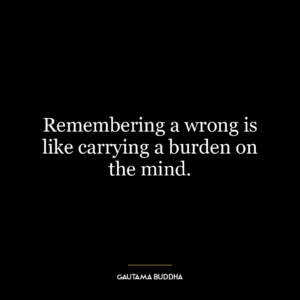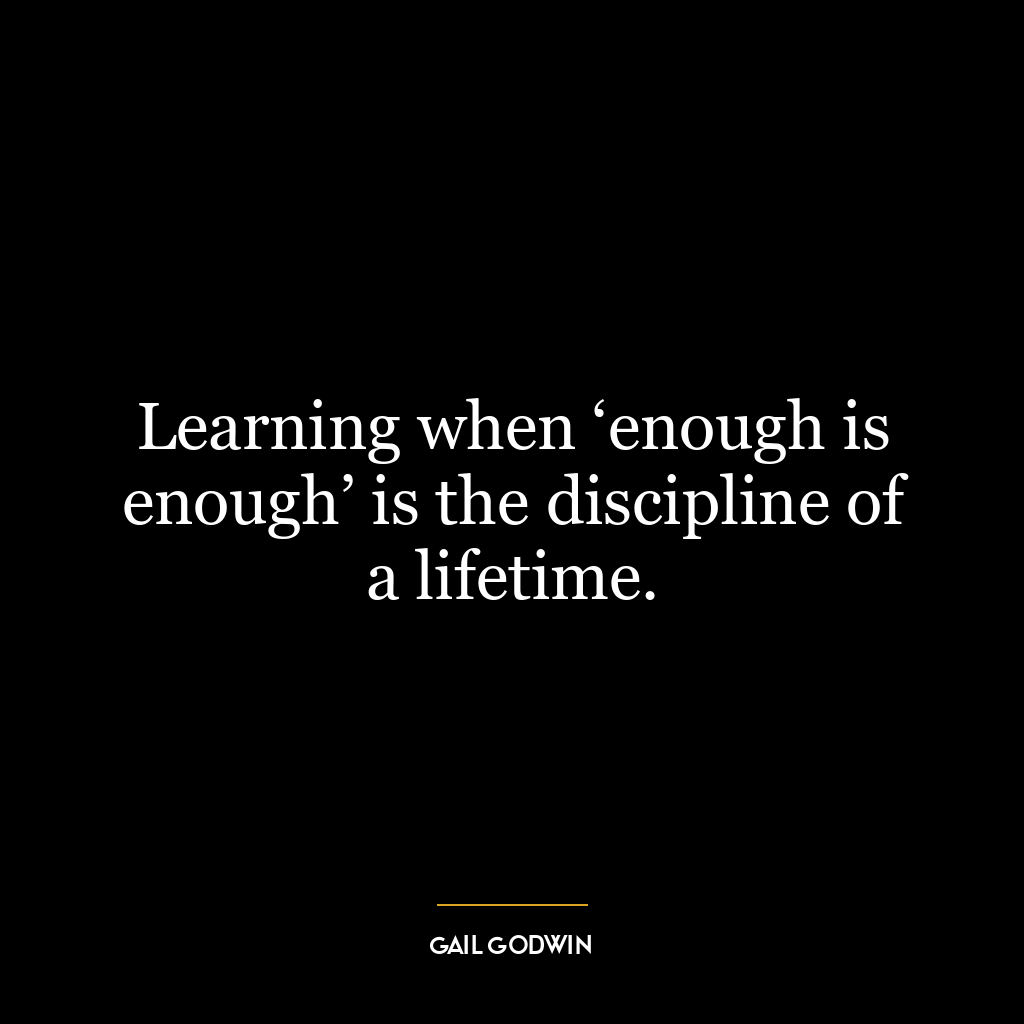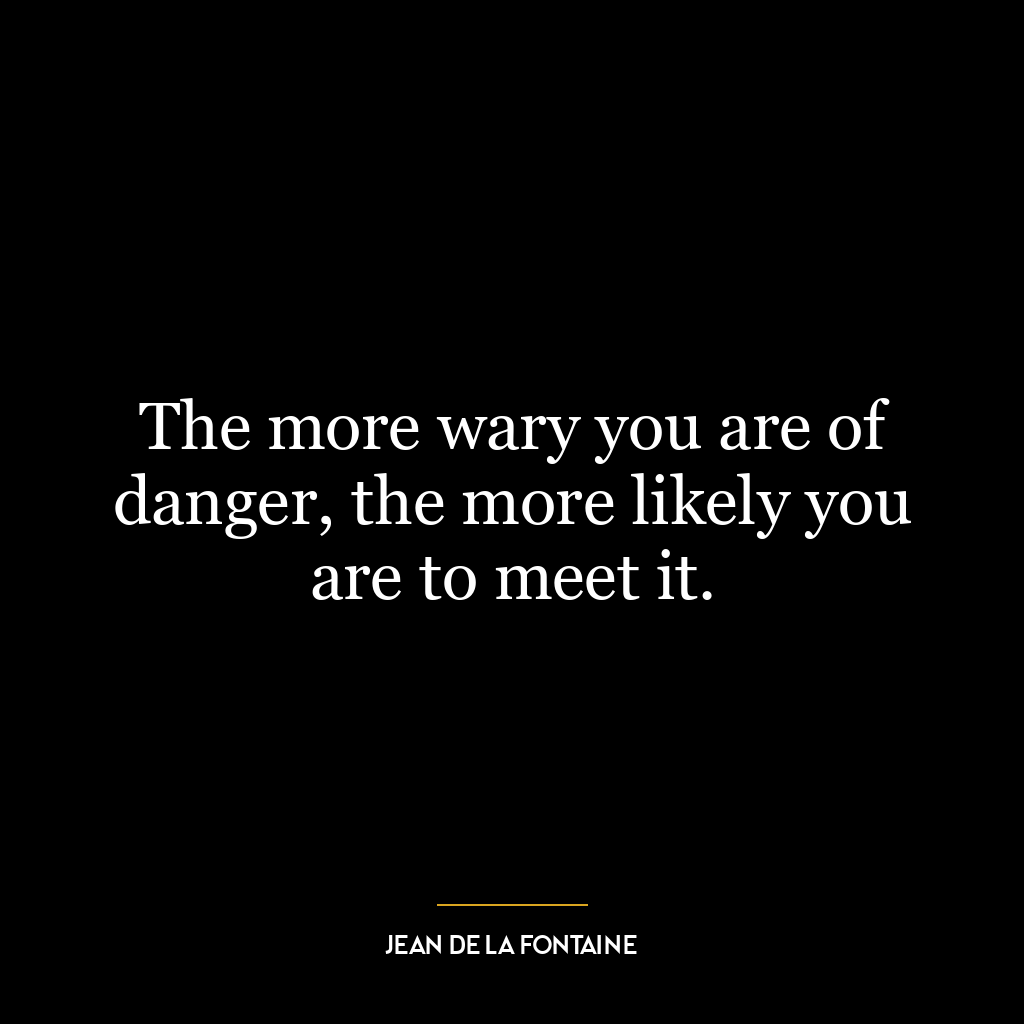“Awake. Be the witness of your thoughts. You are what observes, not what you observe.” This profound quote is about mindfulness and self-awareness. It suggests that we should be fully present or ‘awake’ in our lives, consciously observing our thoughts instead of being passively swept along by them.
The notion of being a ‘witness’ to our thoughts implies a certain level of detachment. Instead of identifying with every thought that passes through our mind, we should observe them as an outsider would – without judgement or attachment.
The final part “You are what observes, not what you observe” underscores the difference between the observer (our true self) and the observed (our thoughts). It reminds us that while our thoughts might shape our perception of reality, they do not define who we are fundamentally.
Applying this idea in today’s world or personal development can lead to improved mental health and better decision-making skills. By practicing mindfulness meditation where one focuses on their breath while acknowledging but not engaging with their thoughts, one can enhance their ability to remain calm under stress and improve overall emotional well-being.
Moreover, this philosophy encourages us to question and challenge negative thought patterns instead of accepting them at face value – a key component in cognitive behavioral therapy used for treating conditions like depression and anxiety.
In personal development context, understanding ourselves as separate from our thoughts allows us to identify destructive behaviors or limiting beliefs holding us back from achieving goals or improving relationships. For instance, if someone believes they’re unlovable due to past rejections (observed), realizing they aren’t defined by these experiences but rather by how they process them (observer), can help break free from such harmful narratives.
Thus this quote invites us towards greater self-awareness leading to healthier mental states and more fulfilling lives – indeed an invaluable wisdom for contemporary times fraught with numerous psychological challenges.













